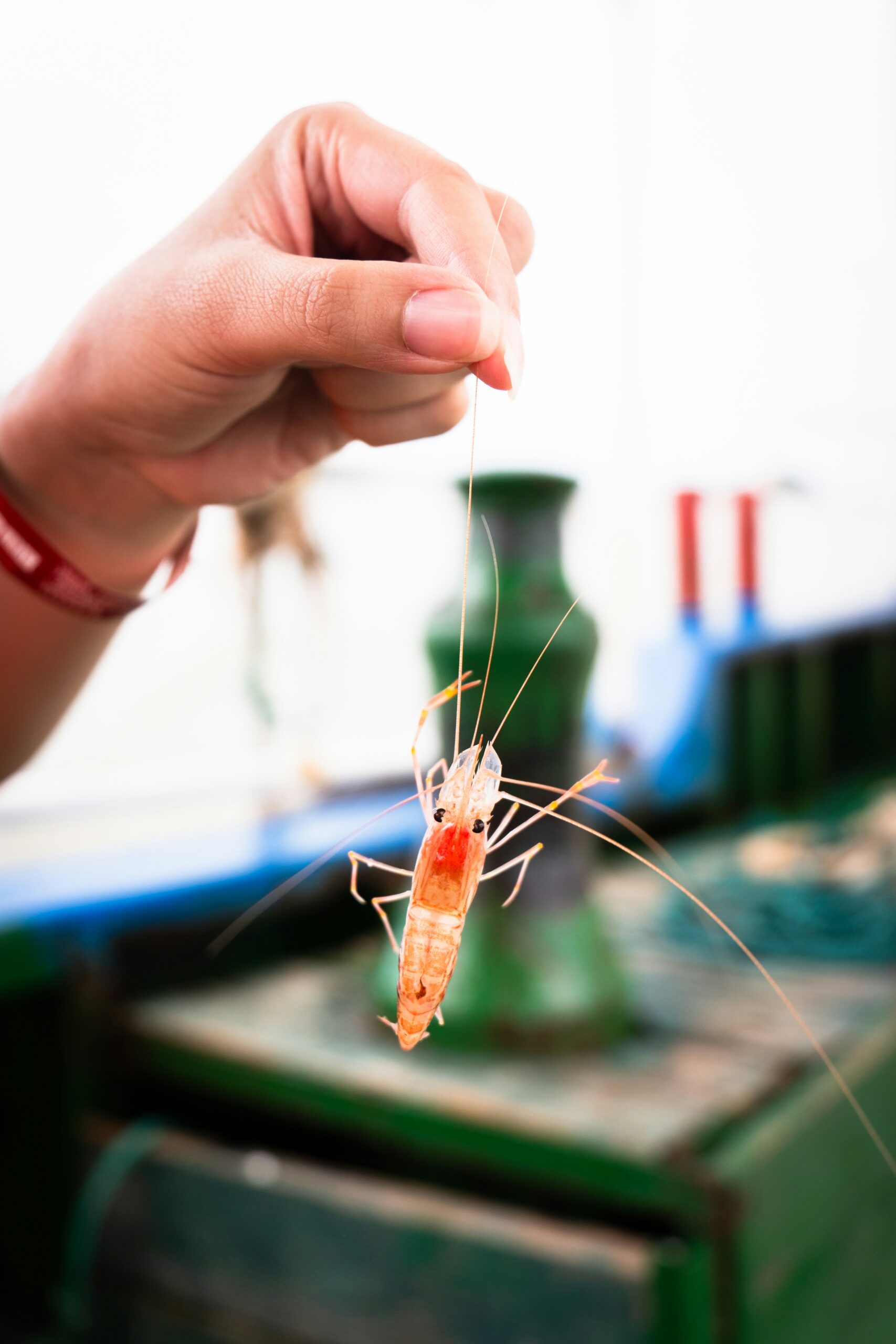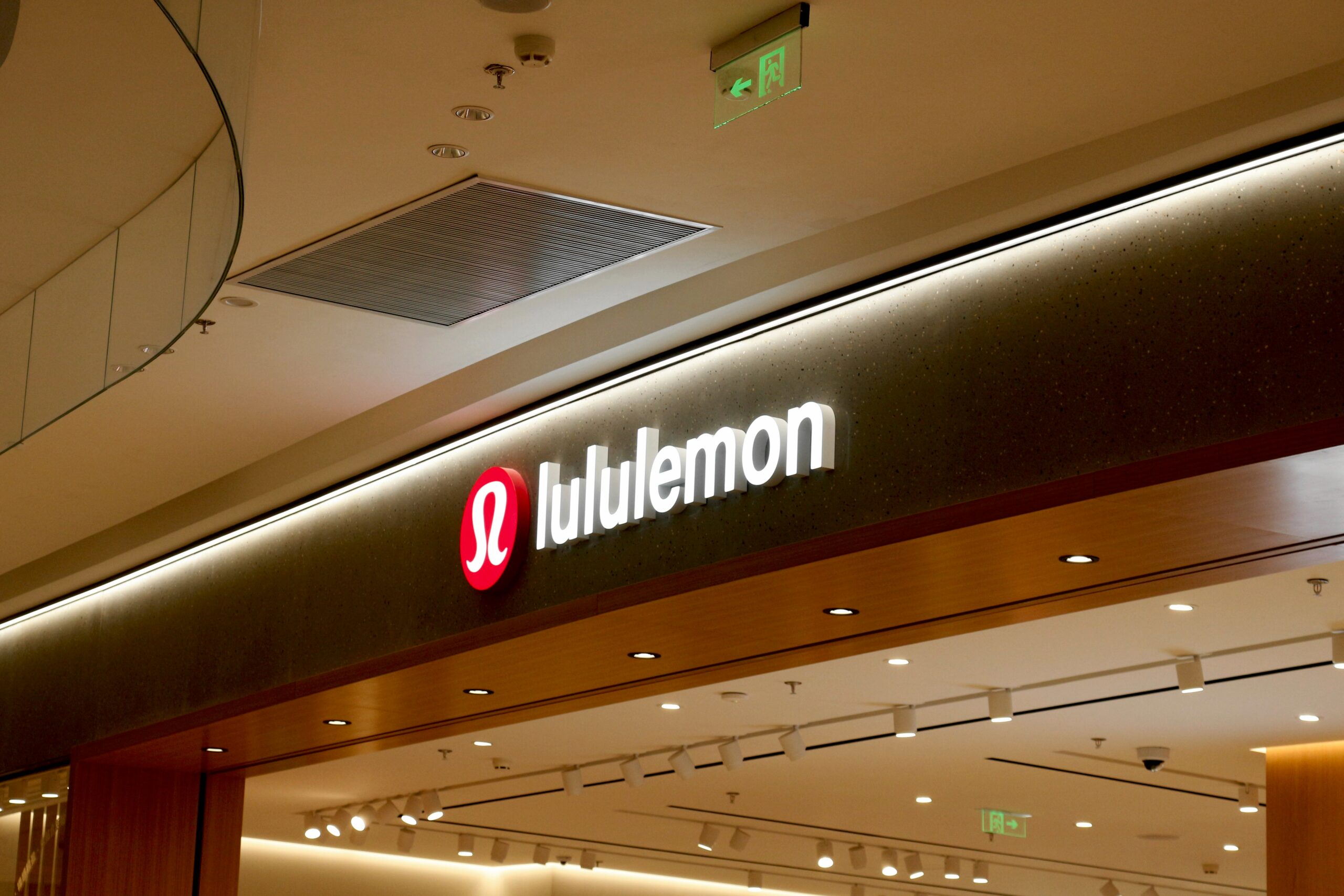Radioactive Shrimp Alert: Major Recall Hits Walmart and Other Brands Over Contamination Fears
By Ethan Brooks |

In a startling food safety development, several U.S. companies have recalled frozen shrimp products potentially contaminated with radioactive Cesium-137 (Cs-137), a man-made isotope linked to increased cancer risks from repeated exposure. The recalls, announced in late August 2025, involve shrimp from Indonesian processor PT. Bahari Makmur Sejati (BMS Foods), distributed under brands like Walmart’s Great Value, Sand Bar, Arctic Shores, Best Yet, First Street, and Great American Seafood Imports. The FDA flagged the issue after tests showed positive Cs-137 traces, though levels aren’t an immediate acute hazard. Affected lots were sold nationwide from July to August, prompting urgent warnings for consumers to check their freezers.
This isn’t just a minor glitch—it’s a reminder of global supply chain vulnerabilities, with the FDA investigating BMS Foods for insanitary conditions. No illnesses have been reported, but the potential long-term health risks demand attention. Curious about which products to avoid and why this matters? Stick with us as we break down the recalls, health implications, and steps to stay safe.
Unpacking the Contamination: Recall Details and Affected Products
The recalls stem from FDA tests revealing Cs-137 in BMS Foods’ shrimp shipments, leading to voluntary actions by U.S. importers like Florida’s Beaver Street Fisheries and California’s Southwind Foods. Walmart’s Great Value Frozen Raw Shrimp (EZ-Peel, 21-25 count, 2-pound bags) from lots 8005538-1, 39-1, and 40-1—best by March 15, 2027—were sold in 13 states including Florida, Texas, and Georgia between July 28 and August 7. Southwind’s recall covers 13 products under five brands, distributed from July 17 to August 8 in states like California, Pennsylvania, and Washington.
Consumers should discard or return the shrimp for refunds—no proof of purchase needed. The FDA emphasizes that while no contaminated product entered the market, precautionary measures are vital. This sets the stage for a deeper look at the serious health risks and why vigilance is key.
The Radioactive Risk: Health Concerns and Consumer Precautions
Cs-137 contamination poses subtle yet severe threats, making this recall a critical public health alert. Here’s a breakdown of the dangers and steps to protect yourself.
Serious Health Risks: From DNA Damage to Cancer
Cs-137, a radioactive byproduct from nuclear activities, can contaminate food chains through environmental exposure. While the detected levels won’t cause immediate illness, repeated low-dose ingestion damages cellular DNA, elevating lifetime cancer risks—particularly for organs like the thyroid, lungs, and bones. The EPA notes that chronic exposure increases cancer odds by up to 5% over baseline, with vulnerable groups like children and pregnant women at higher risk due to faster cell division. A chilling fact: Cs-137 has a 30-year half-life, lingering in the body and environment. Comparatively, it’s like low-level Chernobyl fallout—harmless in one bite but cumulative over time, as seen in post-Fukushima seafood scares where thyroid cancer rates rose 10-20% in affected areas.
No illnesses are linked yet, but the FDA’s “do-not-eat” advisory underscores prevention: Even trace amounts add up, especially for frequent seafood eaters.
Essential Precautions: What Consumers Should Do
If you bought the recalled shrimp, act fast—dispose of it securely or return it to avoid accidental consumption. Check labels for lot codes (e.g., Southwind’s include 095944 for Best Yet 31/40 cooked shrimp) and monitor for symptoms like fatigue or nausea, though unlikely from low exposure. Wash hands and surfaces after handling, and consult a doctor if concerned. For travelers or importers, verify suppliers—BMS Foods’ issues highlight global sourcing risks. Pro tip: Use apps like FDA Recall Checker for alerts, and opt for U.S.-sourced seafood to minimize similar threats.
Credibility in the Crisis: Why This Recall Matters
The recalls’ urgency is backed by FDA lab tests and EPA guidelines on Cs-137, a known carcinogen since nuclear incidents like Chernobyl. No product reached shelves post-detection, per FDA updates, but the probe into BMS Foods’ conditions adds weight—insanitary practices could involve contaminated water or storage. Broader factors include global radiation monitoring; Cs-137 traces are common from historical tests, but elevated levels in Indonesian exports raise supply chain flags. For U.S. consumers, this echoes recent listeria outbreaks, emphasizing traceability—seafood imports hit $30 billion in 2024, per NOAA, with 80% foreign-sourced.
This incident bolsters calls for stricter import screenings, potentially impacting trade but enhancing safety.
Stay Safe and Informed
In summary, the radioactive shrimp recalls from Walmart’s Great Value and other brands highlight Cs-137 risks, from DNA damage to heightened cancer chances with repeated exposure. Prompted by FDA findings, these actions protect consumers, but vigilance is key—check your freezer, dispose wisely, and prioritize health.
Optimism prevails: Swift recalls prevent harm, and better regulations loom. If you’ve bought affected shrimp, act now.




